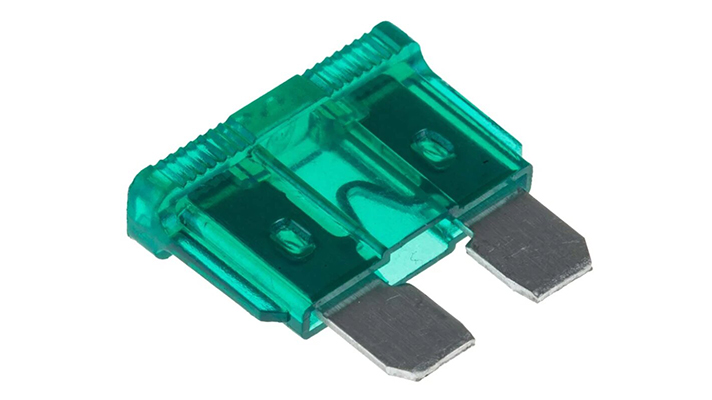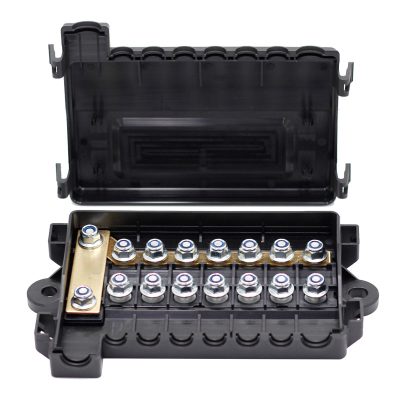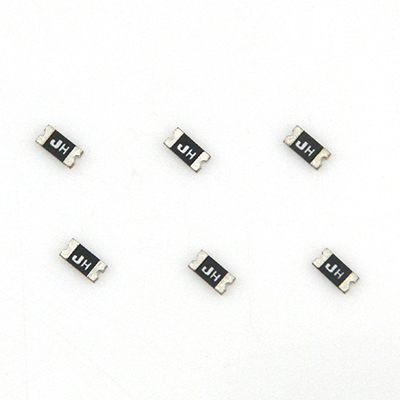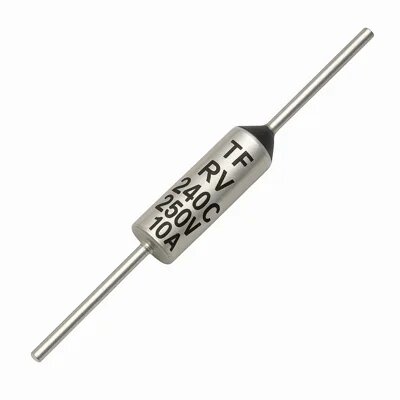Evaluating Automotive Fuse Durability in Extreme Temperature and Vibration Environments
News 2025-10-24
Automotive fuses are vital components in vehicle electrical systems, designed to protect circuits from overcurrent and faults. With the increasing complexity of modern vehicles, including electric and hybrid models, fuses must endure harsh conditions such as extreme temperatures and persistent vibrations. This can range from scorching engine bay heat to the relentless shaking on rough terrains. Ensuring fuse durability is essential for maintaining safety, reliability, and performance in automotive applications, where failure could lead to costly downtime or accidents. By examining these challenges, we can better understand how to select and design fuses that withstand such stresses.

Application Scenarios
In automotive settings, fuses are critical in environments like engine compartments, where temperatures often exceed 100°C, and in suspension systems exposed to high vibrations. For example, in electric vehicles, fuses handle rapid thermal cycles during fast charging and high-speed driving, while in heavy-duty trucks, they resist continuous mechanical stress from uneven roads. These scenarios highlight the need for durable fuses that prevent circuit failures, ensuring uninterrupted operation in demanding conditions such as off-road adventures or urban traffic with frequent stops and starts.
Performance Advantages
Advanced fuse designs offer significant benefits in extreme conditions, utilizing materials like high-temperature ceramics and reinforced polymers that resist thermal degradation and mechanical fatigue. These enhancements allow fuses to maintain consistent performance, reducing the risk of melting or breaking under vibration. Key advantages include extended operational life, lower failure rates, and improved energy efficiency, which are crucial for modern vehicles. Such features not only enhance safety by providing reliable overcurrent protection but also contribute to cost savings through reduced need for replacements in harsh environments.
Frequently Asked Questions
1. What defines auto fuse durability?
Answer: Auto fuse durability refers to the ability to withstand environmental stresses like heat and vibration without losing protective function.
2. How do extreme temperatures impact fuse performance?
Answer: High temperatures can cause material degradation, leading to faster burnout, while low temperatures might reduce conductivity, affecting reliability.
3. What role does vibration play in fuse failure?
Answer: Vibration can loosen connections or cause physical damage, potentially resulting in intermittent faults or complete circuit failure.


